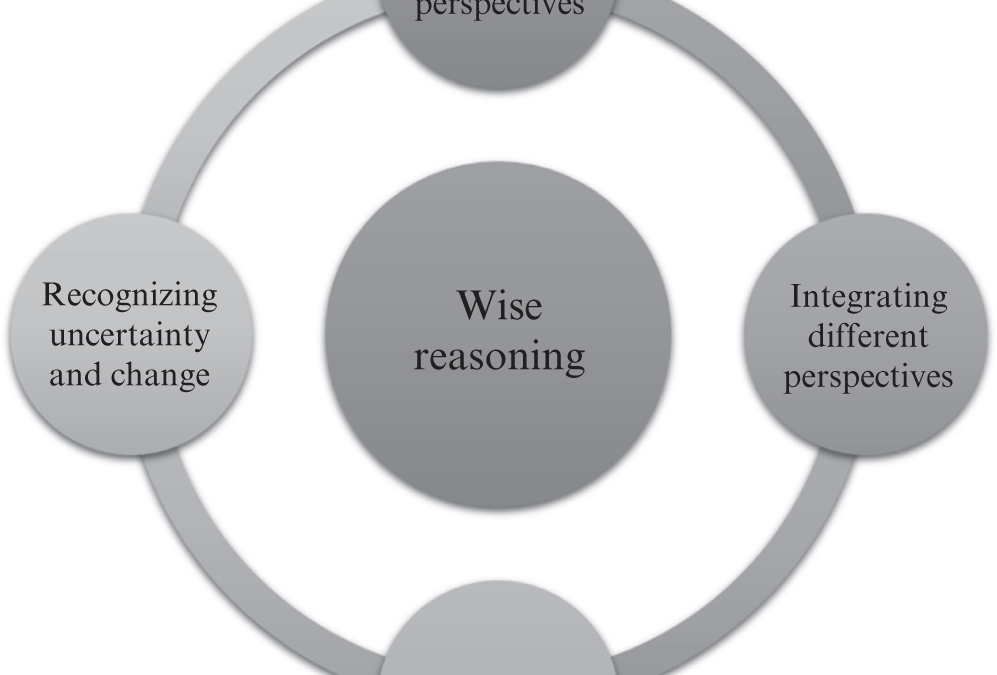Two new studies, published in Social Psychological and Personality Science, found compelling evidence that use of Wise Reasoning, when thinking about an anticipated interpersonal conflict, leads to better outcomes between people.
Wise reasoning is a mindset that involves recognizing where one’s knowledge is lacking, acknowledging multiple possible conclusions to a given situation, contemplating the perspectives of others who are involved, contemplating an outsider’s perspective, and seeking compromise. It means that you try to be fair, to the best of your ability, in how you think, talk, and speculate.
The researchers found that those who demonstrated greater Wise Reasoning skills before an interpersonal conflict, later reported higher feelings of positivity and closeness toward the other person. Furthermore, those using Wise Reasoning reported higher satisfaction with the conflict process and gleaned a greater sense of meaning from the experience.
A second study found that subjects who showed greater Wise Reasoning prior to an upcoming conflict later gained more meaning from the interaction. Moreover, these subjects perceived more fairness from the interaction. In both studies, Wise Reasoning was found to indirectly affect positivity and closeness, through finding meaning.




